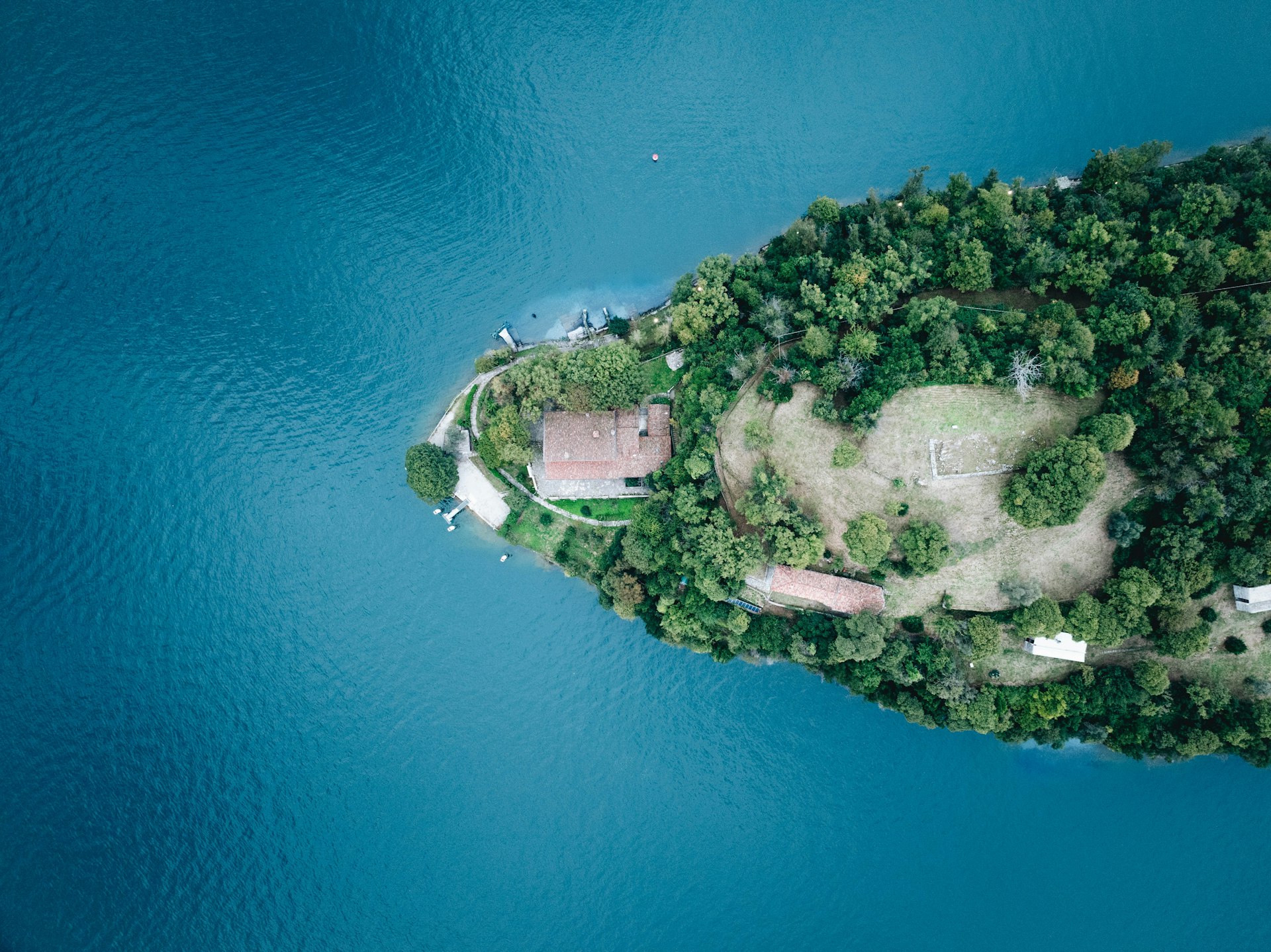Unlock Financial Freedom: Proven Budget Travel Strategies for Smart Adventurers

Photo by Frugal Flyer on Unsplash
Introduction: The Link Between Budget Travel and Financial Freedom
Exploring new destinations doesn’t have to mean compromising your financial future. By adopting thoughtful budget travel strategies, you can create memorable experiences while freeing up resources for long-term financial goals. This comprehensive guide unpacks every element of budget travel for financial freedom, from initial planning to actionable steps and proven methods for accessing travel deals and savings.
1. Strategic Planning: Aligning Travel with Financial Goals
Successful budget travel begins with honest self-assessment and goal setting. Start by identifying your ideal travel experience and how it fits into your broader financial objectives. For example, if you dream of a six-month trip with a daily budget of $50, your savings target should be at least $9,000, with a recommended 20% buffer for emergencies-making $10,800 a safer goal.
[5]
Calculate how much you need to save monthly, and allocate funds accordingly. This approach ensures cost transparency and helps avoid debt.
[4]
Start saving well in advance, leveraging high-yield savings accounts when possible. Set aside a travel-specific fund that grows incrementally, supporting both your wanderlust and your financial freedom without guilt or risk.
[4]

Photo by Nick Noel on Unsplash
2. Maximizing Travel Deals: Timing and Research
Travel costs fluctuate based on seasonality and timing. Traveling during off-peak seasons-such as early June, late August, or midweek-can dramatically reduce expenses.
[1]
Use fare comparison websites and apps like Hopper to monitor price drops and book at optimal times, especially on days like Travel Tuesday (the day after Cyber Monday) when airlines and booking platforms offer exclusive discounts.
[4]
For actionable steps:
-
Research flight and hotel prices across multiple platforms. Verified sites such as Expedia and Priceline offer comparative options for budget travelers.
[1]
- Set alerts on trusted travel apps to notify you of major sales or price drops.
-
Consider booking with budget airlines or alternative transportation, such as trains and buses, to further reduce costs.
[1]
Potential challenges include limited flexibility or last-minute surcharges. To overcome these, plan as early as possible and maintain adaptability in your itinerary.
3. Accommodation Hacks: Save More, Experience More
Lodging is often the largest single expense for travelers. To keep costs low, consider alternatives to traditional hotels:
-
Explore house-swapping with friends or family, or use verified platforms like Airbnb and Vrbo for discounted stays.
[1]
- Look for deals on reputable booking sites such as Expedia and Priceline.
- Use travel reward points to offset accommodation costs where possible.
- Stay in hostels or motels, or in locations just outside popular tourist areas for even better rates.
-
Consider camping or RV travel, especially in national and state parks, which offer low-cost sites and free activities like hiking and swimming.
[1]
To access these options, compare prices thoroughly and book early. If you’re new to house-swapping, start by asking trusted contacts or searching for reputable exchange groups. For camping, visit official state or national park websites for reservation details.
4. Transportation: The Budget Traveler’s Guide
Transportation can make or break your travel budget. Whenever possible, opt for public transit-buses, trains, and trams-over taxis and rideshares. Modern apps and free WiFi make navigating these options easier than ever.
[2]
Packing light is crucial: a compact suitcase or backpack means you can use public transit without hassle, avoiding baggage fees and expensive private transfers.
[3]
For step-by-step implementation:
- Research local transit systems before arrival. Many cities publish official transit maps and schedules online.
- Carry only the essentials-clothing you can wash and reuse, and limit “just-in-case” items.
- Download relevant apps for ticket purchase and navigation.
If public transit is unavailable, consider ride-sharing with fellow travelers or using discount codes for reputable car rental services.
5. Daily Budgeting: Cash Management and Smart Spending
Managing your daily expenses is key to sticking with your budget. Using cash, rather than cards, can help you stay disciplined and avoid overspending.
[2]
Withdraw only what you need for each day, and leave extra funds and cards locked safely at your accommodation. This not only promotes responsible spending but also protects you in case of theft or loss.
When it comes to food and souvenirs, shopping at local grocery stores and markets can offer both savings and authentic experiences. Preparing your own meals or packing snacks reduces reliance on expensive restaurants or cafes.
[3]
Potential challenges include fluctuating exchange rates or unexpected costs. To mitigate these, monitor currency trends and build a buffer into your cash allowance.
6. Selective Experiences: Maximizing Value from Attractions
Tourist attractions can quickly consume your budget. To avoid overspending, be selective: choose a few key experiences that matter most and explore free or low-cost alternatives for the rest.
[2]
For example, rather than paying to go up the Eiffel Tower, opt for a scenic picnic nearby and preserve both your memories and your budget.
To find affordable attractions:
- Research official tourism boards for free community events or discounted passes.
- Ask locals for recommendations on hidden gems and off-the-beaten-path experiences.
- Prioritize activities that contribute to the community, such as cultural tours or volunteer opportunities.
This approach opens up new opportunities and enriches your travel experience beyond traditional tourist circuits.
7. Financial Safety and Flexibility: Staying Secure While You Save
Protecting your financial assets is essential. Secure your valuables in your accommodation, use digital wallets for larger purchases, and keep emergency cash in a separate location. If traveling internationally, notify your bank to prevent card issues.
Flexibility is also vital. If plans change, having a financial buffer and alternative options (such as last-minute deals or alternative accommodations) can help you adjust without stress.
If you encounter challenges, such as unexpected expenses or travel disruptions, reassess your daily budget and seek out community support or official resources for assistance.
Conclusion: Building Financial Freedom Through Smarter Travel
Budget travel is about making intentional choices that support both memorable journeys and lasting financial health. By planning ahead, maximizing deals, seeking alternative accommodations, using public transportation, and managing daily expenses, you pave the way for financial freedom-without sacrificing adventure.
If you need more guidance, consider researching “high-yield travel savings accounts,” “budget airline deals,” or “official tourism boards” for your destination. For exclusive travel discounts, monitor platforms like Expedia, Priceline, and Hopper, and always verify deal authenticity before booking.
References
- [1] T. Rowe Price (2024). Budget-Friendly Summer Vacation Ideas.
- [2] Pina Travels (2024). Responsible Budget Travel Guide.
- [3] NerdWallet (2024). Easy Money Saving Travel Tips.
- [4] Bleakley Financial Group (2024). Smart Travel Tips for Financial Goals.
- [5] The Packable Life (2024). Travel Savings 101.
MORE FROM oncecoupon.com













